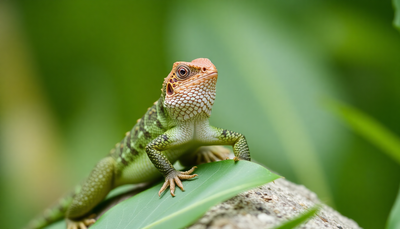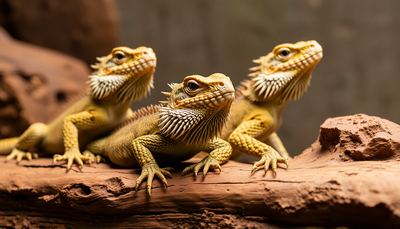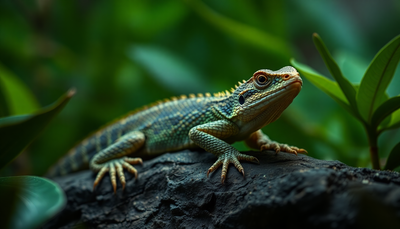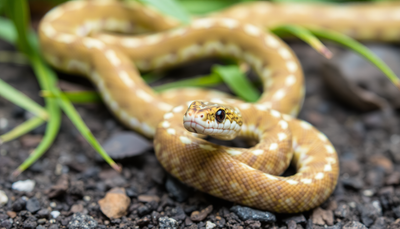The Significance of High Protein Cat Food

Cats thrive on a diet rich in animal-based proteins, essential for their overall health, lean muscle mass, and immune system. High protein cat food supports weight management and provides sustained energy for your feline companion. Understanding the significance of this dietary component is pivotal for cat owners seeking to ensure the well-being and longevity of their pets. In this discussion, we will delve into the specific benefits of high protein cat food, explore the potential risks of low-protein diets, and provide valuable insights into selecting the best nutrition for your beloved feline friend.
Understanding Cat Nutrition
Cats are obligate carnivores, meaning they require nutrients found in animal flesh for optimal health. Their natural diet is low in carbohydrates and high in protein and fat. The Association of American Feed Control Officials recommends a minimum of 26% protein in cat food, with higher levels for growing cats or those with specific health conditions. High-protein diets support cats' natural digestive abilities and can aid in weight loss and reducing the risk of diabetes. Animal protein sources are more easily digested by cats than plant-based sources, and they provide essential amino acids for overall health. It's important to ensure that cat food contains the necessary protein levels to meet their dietary requirements. Additionally, the composition of protein in the food should ideally be within the range of 30-40% for adult cats. Understanding the importance of protein in a cat's diet is crucial for their overall health and well-being.
Choosing the Right High Protein Cat Food
When choosing high protein cat food, it is important to pay attention to the ingredients and nutritional composition. It is advisable to avoid unidentified meat by-products as you do not have any idea what you are feeding your cat. Wet food, rich in lean proteins, can help your cat feel full until its next mealtime. Additionally, it's crucial to consider the total composition of protein in the food, aiming for around 30 to 40 percent of the diet to be protein for adult cats. Reading cat food labels with the 'dry matter basis' in mind is essential, as it accounts for the amount of water in the food and prevents deception from protein percentages. The best sources of essential amino acids for cats are high-quality animal proteins, not plant-based ones, as cats absorb and utilize animal protein more efficiently. It's also important to ensure that the food is AAFCO compliant and contains the right types of protein for your cat's specific life stage. By understanding the impact of dietary protein on cat health and wellbeing, and being mindful of the protein sources and levels in cat food, you can make an informed decision to provide your cat with the high protein diet it needs for optimal health.
Transitioning to High Protein Cat Food
To ensure your cat receives enough protein, it is recommended that a minimum of 25 percent of their diet should be made up of protein. Feeding your cat high protein, low carb diets not only helps your cat to lose weight, but also aids in reducing the cat's urge to eat constantly. Additionally, high protein diets can help improve your cat's natural digestive abilities. An optimal high protein diet for cats should ideally consist of around 30 to 40 percent protein for adult cats, with a minimum of 25 percent. It is important to ensure that the composition of protein in the food falls within or above this range to meet all of your cat's health needs. If you prefer, you can also prepare a high protein meal for your cat yourself, which is the best way to ensure they get the required amount of protein.
Protein is one of the five essential nutrients in a carnivore's diet, and cats require protein and amino acids from animal sources in every meal. Most cats need approximately 30% of their dietary calories to come from protein to fuel their bodies, support their unique nervous systems, continuously grow hair, and maintain a functioning immune system. Animal protein sources are generally more easily digested by cats than plant-based sources, and even crystalline sources added to vegetarian diets are insufficient to meet the carnivore's dietary need for animal-based nutrients.
The Association of American Feed Control Officials (AAFCO) recommends that cat food contains a minimum of 26% protein, with a minimum of 30% protein for growing cats or those in reproduction phases. Maintenance cat food typically contains 30–45% protein, while protein levels are adjusted for specific health conditions. Maintaining optimal macronutrient levels in this way can benefit cats' overall health and wellbeing.
When transitioning your cat to a high-protein diet, it is important to do so gradually. Start by mixing a small amount of the new cat food with the old, and then gradually increase the amount of the new food while decreasing the old food until your cat is completely on the new diet. Patience is key when making changes involving cats, so take your time with the transition.
In conclusion
The importance of high protein cat food cannot be overstated when it comes to ensuring the health and well-being of our feline companions. Providing cats with a diet rich in high-quality protein is essential for supporting their overall health, muscle development, and energy levels.
For pet owners seeking nutritious and delicious high-protein treats for their cats, the. Goodness Gracious Beef Liver Nibbles Dog and Cat Treats 3oz Available on Talis US is a promising option. While the webpage offers a wide range of pet products, including these treats, it specifically caters to pet owners who prioritize the well-being of their furry friends.
To explore high-quality treats and other pet-related products, visit the webpage and provide your feline companions with the nourishment they deserve.






